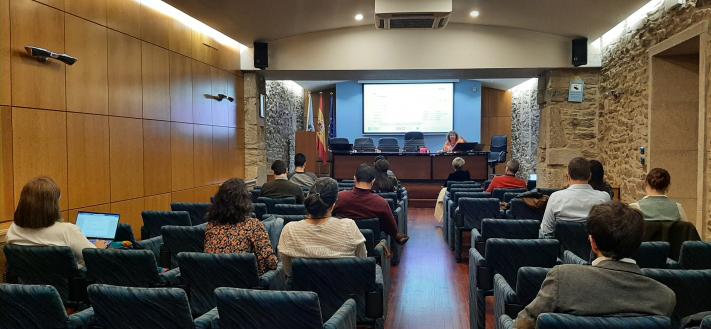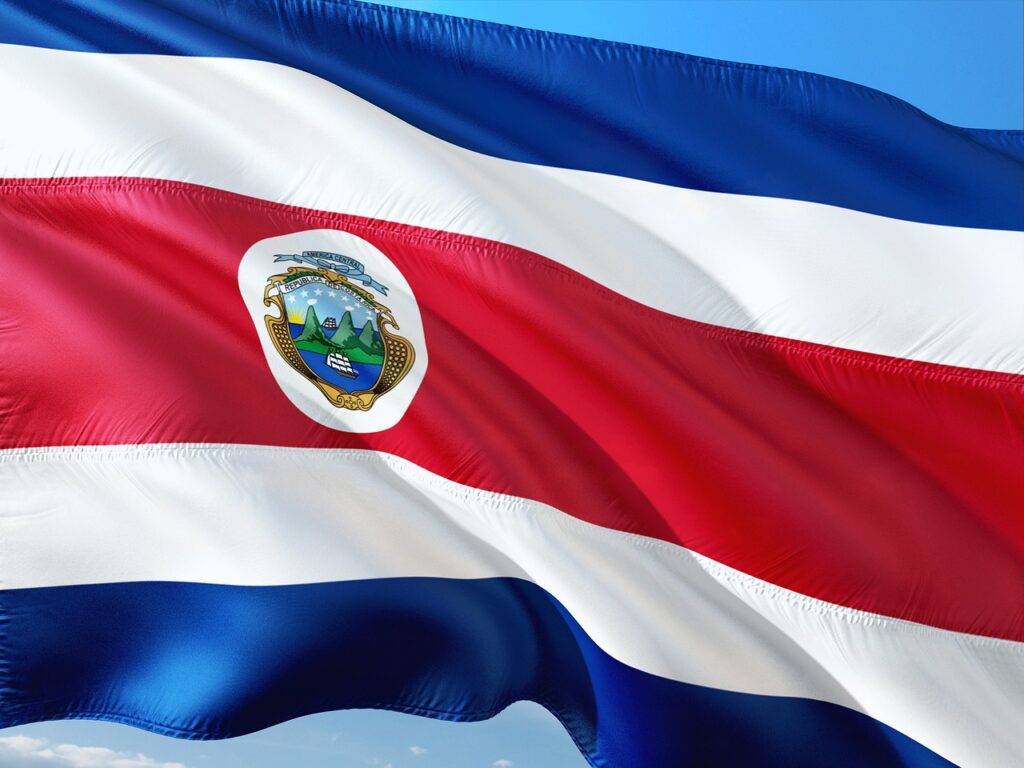News
CABEI finances 100 USD million for the sustainable recovery of Lake Yojoa in Honduras
The Central American Bank for Economic Integration (CABEI) will finance a comprehensive sustainable recovery project in the Lake Yojoa basin, Honduras. This effort, valued at $100 million, will benefit more than 167,100 inhabitants of the region and seeks to restore both the ecosystem and the local quality of life.
CABEI will contribute $80 million through a loan for this ambitious program. In addition, the European Union will contribute €14 million in non-reimbursable funds and technical assistance through the Global Gateway initiative. These funds seek to address global challenges such as climate change, improving health systems and strengthening the security of supply chains. The remaining financing will come from Honduran national funds.
The program is the result of a comprehensive diagnosis carried out with resources from the CABEI Climate Change Fund, the European Union and KfW. The study identified the main problems, including flows of pollutants that threaten to degrade the Lake Yojoa basin, an area of vital ecological and economic importance.
Program Objectives
The “Sustainable Lake Yojoa Recovery Program” will be executed by the Secretariat of Natural Resources and Environment (SERNA). Its objectives are:
- Ecological Restoration: Implement innovative measures to improve water quality and conserve biodiversity.
- Community Resilience: Strengthen the resilience of local communities and promote equitable and sustainable socioeconomic development.
- Governance and Territorial Planning: Develop governance and territorial planning strategies for the protection of the basin.
Key Actions
The program includes several outstanding actions:
- Institutional Strengthening: Improvements in regulations and legal structures for the conservation of Lake Yojoa.
- Priority Infrastructure: Development of infrastructure to reduce pollutants and improve access to basic services, such as drinking water and wastewater treatment.
- Sustainable Practices: Promotion of practices that favor the restoration and conservation of biodiversity.
In addition to restoring the ecosystem, the project aims to improve the well-being of local communities and preserve biodiversity, contributing to the United Nations 2030 Agenda and the Sustainable Development Goals (SDG).
Access the full news at this link.
If you want to obtain more information about these business opportunities that CABEI and other multilateral organizations offer to the private sector in Latin America and other regions, register on our SALT web platform and we will contact you!





